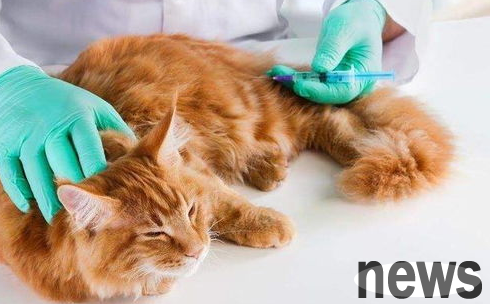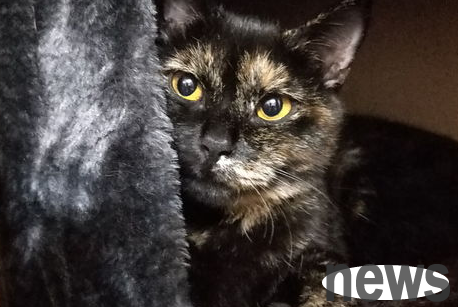Usually, healthy and normal pet cats can be vaccinated about a week after they are successfully weaned. Of course, if it is a newly bought cat, it is best to take it to the pet hospital for physical examination before entering the house, and go home after getting vaccinated.

At the same time, there are taboos to vaccinate cats. When injecting the vaccine, you should consider the age, health, physical fitness and nutrition of the animal. You should not take a bath within a week before the injection. You should ask the doctor to take your temperature before the injection to ensure that the cat can be injected with the vaccine under the premise of health. You cannot take a bath after the injection, and you must indeed complete the first year of immunization process. After each injection, you must closely observe whether the cat's mental and appetite excretion changes afterwards.

Usually, before vaccination, the veterinarian should perform clinical examinations on the cat, including body temperature, breathing, heartbeat count, surface examination and medical history inquiries. The body temperature of normal kittens is 38-38.5 ℃, and that of adult cats, it is about 38 ℃, but it should not exceed 38.7 ℃ unless individual cats just come out of the stuffy car, and their body temperature may be slightly higher. The body surface examination mainly observes whether there are eye secretions and nasal snot, whether there are abnormalities in the oral mucosa color, whether there are hyperplasia of the conjunctiva of the eye, whether there are vomiting, no food, diarrhea, etc., whether there is a history of infectious diseases, and whether there is any contact with the sick cat.
Generally, cats cannot be vaccinated when they are less than eight weeks old. Pets who are young should consider the interference of maternal antibodies and should be vaccinated according to the vaccine instructions. Generally, when cats are twelve weeks old, the maternal antibodies in the body have dropped to a non-interference level. Most infectious diseases should be vaccinated at twelve weeks old or later before the pet can be protected. Older cats, although they may have various antibodies in their bodies, may have low titers and are not enough to resist the disease and still need to be vaccinated according to the immunization procedure.
The attenuated vaccine is generally not suitable for injecting pregnant female cats, especially pregnant female cats that cannot be injected with panleukaopenia vaccine. This vaccine can infect the fetus through the placental barrier, resulting in stillbirth, miscarriage, premature birth or malformed fetuses with cerebellar insufficiency. If pregnant female cats are vaccinated, they can be inactivated.
Cats who have just purchased should be vaccinated after being checked in the animal hospital, or quarantine and kept for seven days before being healthy. Cats need to be vaccinated with rabies after three months. The cats have little chance of getting rabies, but once they get it, the mortality rate will be 100%.